The U.S. Department of Education’s Office for Civil Rights (OCR) has ruled that George Mason University (GMU) violated Title VI of the Civil Rights Act by incorporating race into hiring and promotion decisions. This finding is a watershed moment in the national debate over diversity, equity, and inclusion (DEI) practices.
How the Investigation Began
The inquiry began in July after GMU faculty filed complaints alleging that since 2020, the university’s leadership gave preferential treatment to candidates from underrepresented groups. Faculty critics argued these practices prioritized identity over qualifications. OCR subsequently opened a review of GMU’s recruitment and promotion policies, leading to this critical decision.
The Resolution Agreement
OCR has delivered GMU a proposed resolution agreement, giving the university ten days to respond. Requirements include issuing a public statement affirming compliance with Title VI, providing clear discrimination-reporting guidance, and securing a personal apology from President Gregory Washington. Compliance is mandatory to avoid risking essential federal funding streams.
Policy Overhauls Required
The agreement further compels GMU to revise recruitment, promotion, and tenure processes to eliminate race-based preferences. It requires annual anti-discrimination training for staff involved in hiring, as well as detailed recordkeeping to demonstrate adherence. Should GMU refuse, the university could lose eligibility for federal support—jeopardizing a cornerstone of its financial foundation.
President Washington’s Position
Gregory Washington, GMU’s first Black president, has defended the DEI policies. He insists they were designed to broaden opportunity, not to impose quotas. Washington highlights mentoring initiatives, inclusive recruitment strategies, and efforts to support underrepresented communities as evidence of good faith—policies now being redefined as unlawful under shifting federal interpretations.
Institutional Support and Strain
The university’s Board of Visitors, appointed by Virginia Governor Glenn Youngkin, faces the challenge of balancing compliance with institutional values. While publicly committed to reviewing OCR’s findings, the board also approved a raise for President Washington. This move signals continued support for his leadership, even amid intensifying federal scrutiny.
National Context of DEI Rollbacks
GMU’s situation is part of a broader federal push against DEI programs in higher education. Institutions from Ivy League universities to regional public colleges have come under review. The scrutiny reflects a nationwide retrenchment, where race-conscious policies are increasingly vulnerable to lawsuits and federal enforcement actions.
GMU’s Unique Institutional Identity
With nearly 40,000 students, GMU is Virginia’s largest public university and a growing national player. Its identity is distinctive—home to progressive diversity initiatives alongside conservative power centers like the Antonin Scalia Law School. GMU has often been recognized for social mobility and ideological balance, making the OCR ruling particularly complex.
Political and Cultural Reactions
Observers note a paradox. GMU has historically aligned with some conservative values, yet its DEI efforts have now drawn federal sanction. Critics argue that the case reflects political theater more than constructive oversight. Supporters, however, insist the ruling upholds fairness and ensures that hiring decisions remain rooted in merit alone.
Implications for Higher Education
The consequences extend beyond Fairfax County. Universities nationwide must reexamine DEI hiring policies to avoid similar challenges. Race-conscious approaches, even those designed to address inequity, face mounting legal risks. Institutions will likely explore alternative pathways to promote inclusion while staying within the strictures of Title VI compliance.
Student and Faculty Stakes
For GMU’s community, the coming weeks are decisive. The administration’s response will determine whether federal funding remains secure and how policies are reshaped moving forward. Faculty, staff, and students alike are watching closely, knowing the outcome could redefine the university’s culture and influence its academic trajectory for years to come.
A National Precedent in the Making
The GMU decision may set precedent for the higher education sector. Whether other universities adopt similar policy rollbacks or devise new strategies to uphold diversity, the ruling underscores a central tension: how to reconcile ethical commitments to inclusion with evolving legal interpretations of civil rights protections.
Redefining Equity in Education
The OCR’s finding against George Mason University highlights a profound shift in the intersection of DEI policy and civil rights law. GMU must now navigate the delicate balance between preserving inclusivity and ensuring compliance. Its decisions may not only reshape its own future but also reverberate across American higher education.

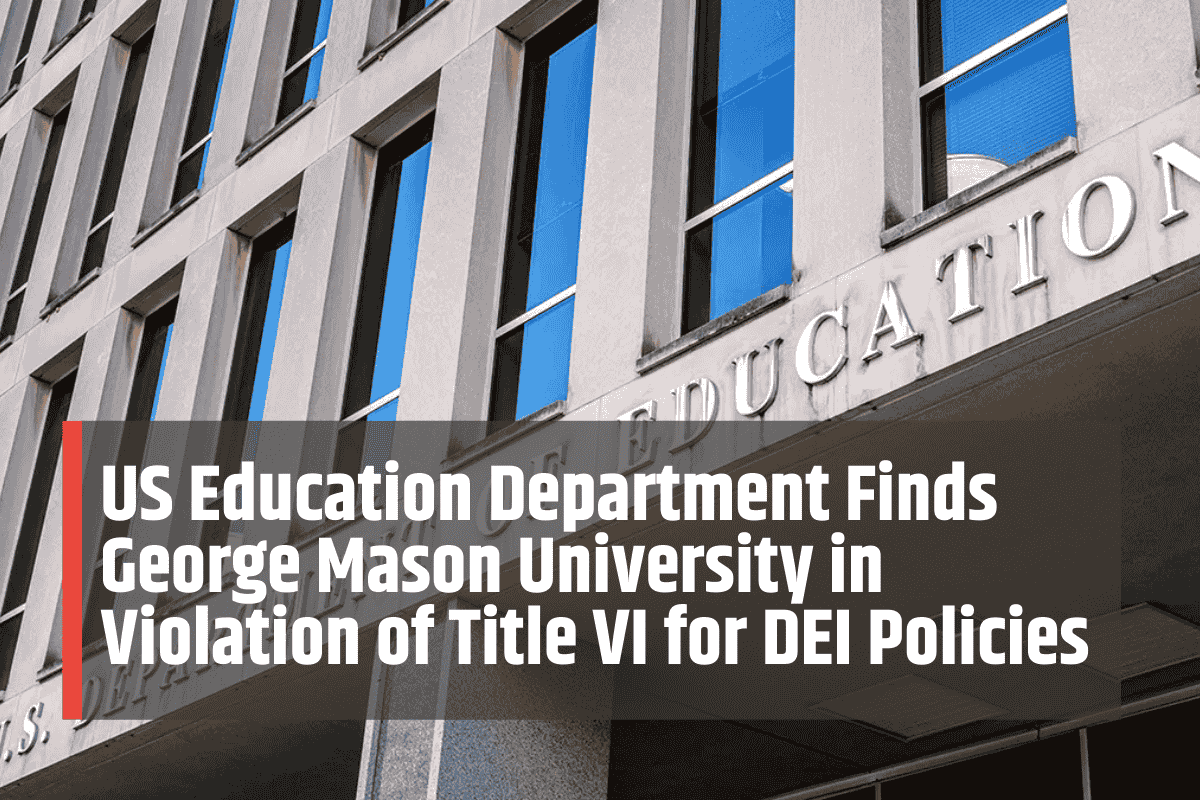


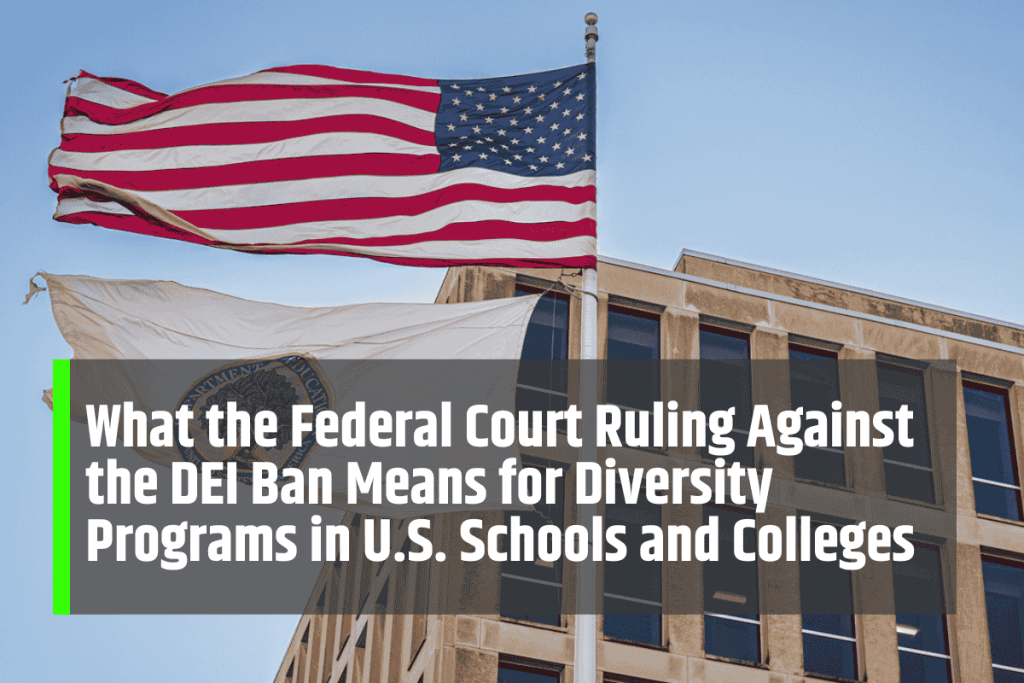
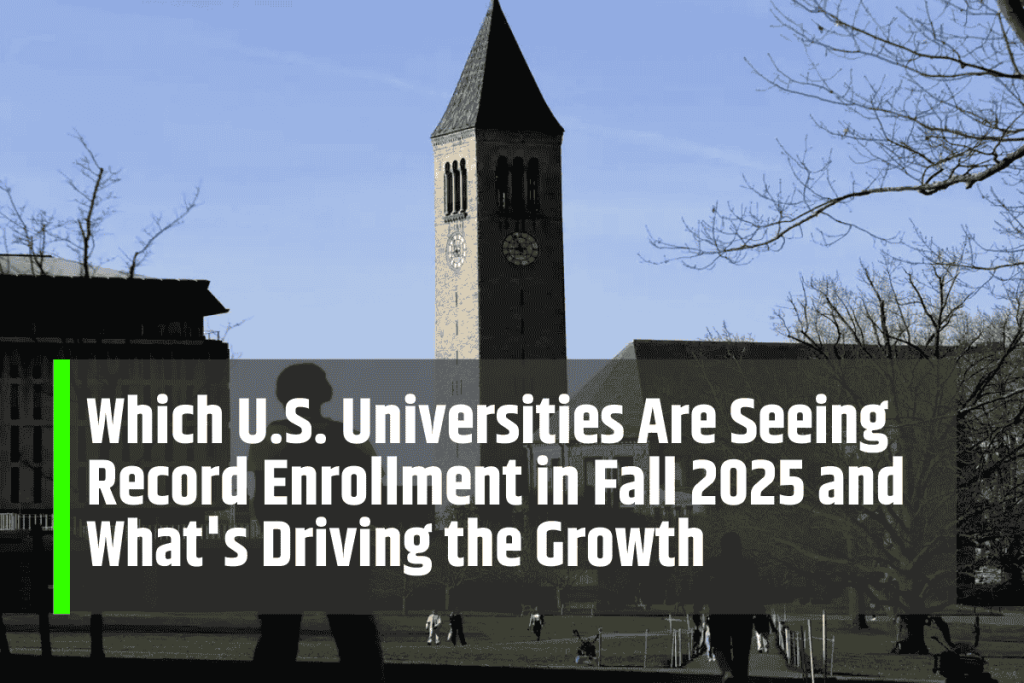
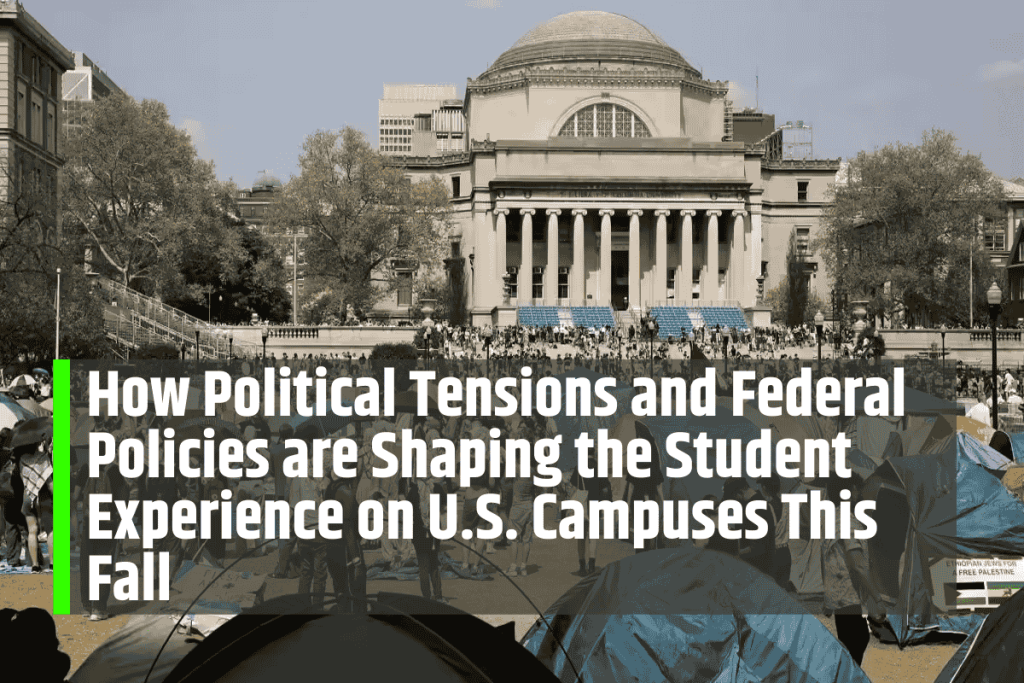
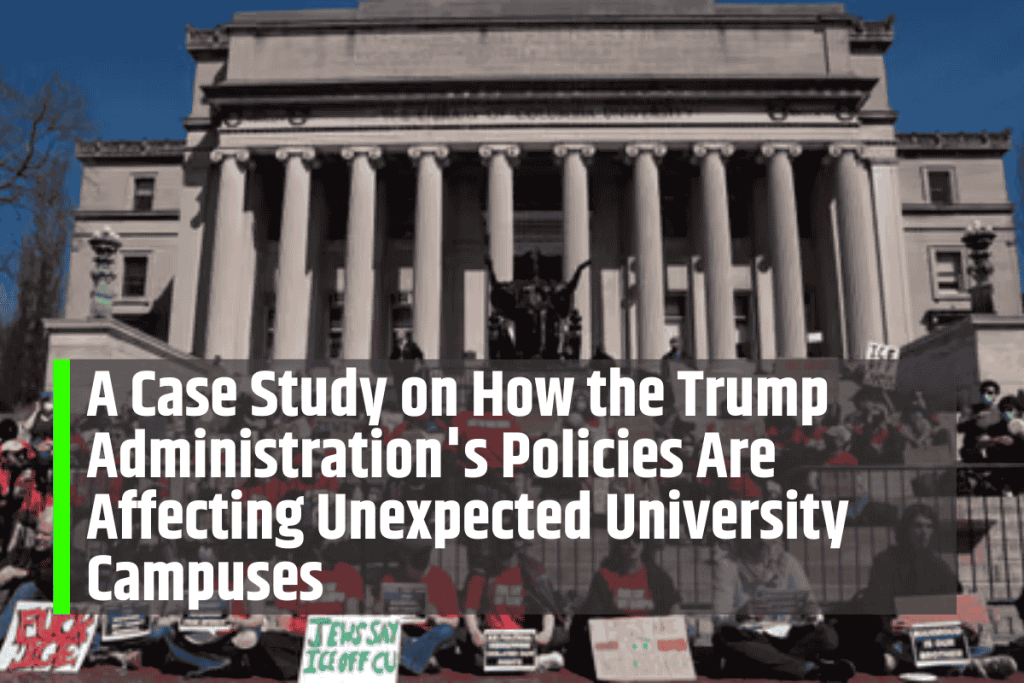


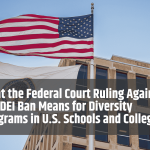
Leave a Comment